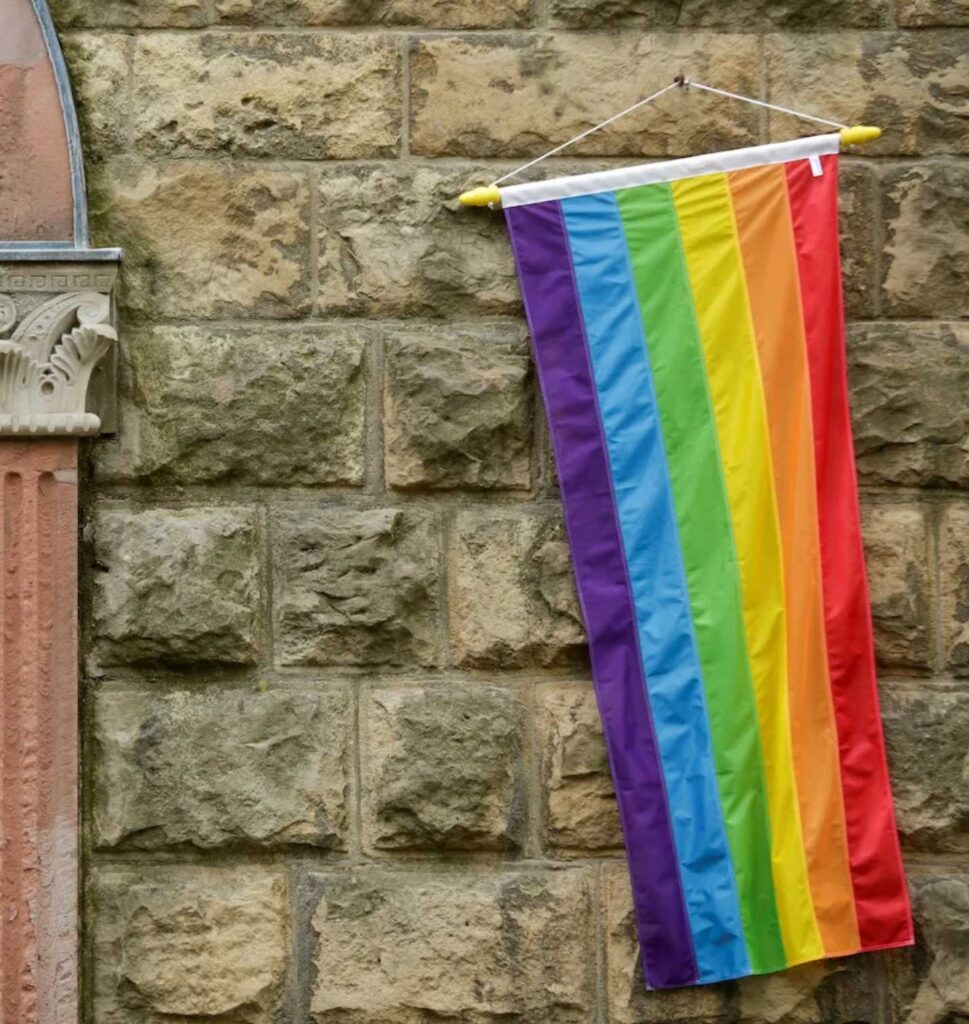Rainbow images lead to ‘LGBT extremism’ convictions in Russia
Colin Stewart is a 45-year journalism veteran living in Southern…
First convictions come after Russian ban of ‘international LGBT movement’

Russians courts have convicted the first two people on charges of LGBT extremism following the Supreme Court’s decision in November to ban the “international LGBT movement”. One woman was sentenced to five days in jail for wearing earrings that had a rainbow on them. A man was convicted and fined for posting a photo of a rainbow flag online.
Two Russian courts have meted out the first convictions in connection with what the government calls the “international LGBT social movement” and which was designated as extremist last year.
On Thursday, a court in the southern region of Volgograd found a man guilty of “displaying the symbols of an extremist organization” after he posted a photograph of an LGBTQ flag online, according to the court’s press service.
Artyom P., who was ordered to pay a fine of 1,000 rubles, admitted guilt and repented, saying he had posted the image “out of stupidity,” the court said.

On Monday, a court in Nizhny Novgorod, east of Moscow, sentenced to five days in administrative detention a woman who had been in a cafe when a man approached her and demanded she remove her frog-shaped earrings displaying an image of a rainbow, said Aegis, an LGBTQ rights group.
The woman was called to the police station after the man, who filmed the encounter, posted it online.
A trial is set to resume next week in Saratov in southwestern Russian against a photographer who posted images of rainbow flags on Instagram, independent Russian news outlet Mediazona reported.
The rainbow flag represents the lesbian, gay, bisexual, transgender and queer community. Russian law prohibits anyone in the country “displaying the symbols” of organizations it considers extremist, a list that includes social network Meta.
Russia’s Supreme Court banned the “LGBT movement” last November, continuing a pattern of increasing restrictions in Russia on expressions of sexual orientation and gender identity.
A law passed last July outlawed legal or medical changes of gender for transgender Russians, and a law banning the promotion of “nontraditional” sexual relations has been on the books for over a decade.




